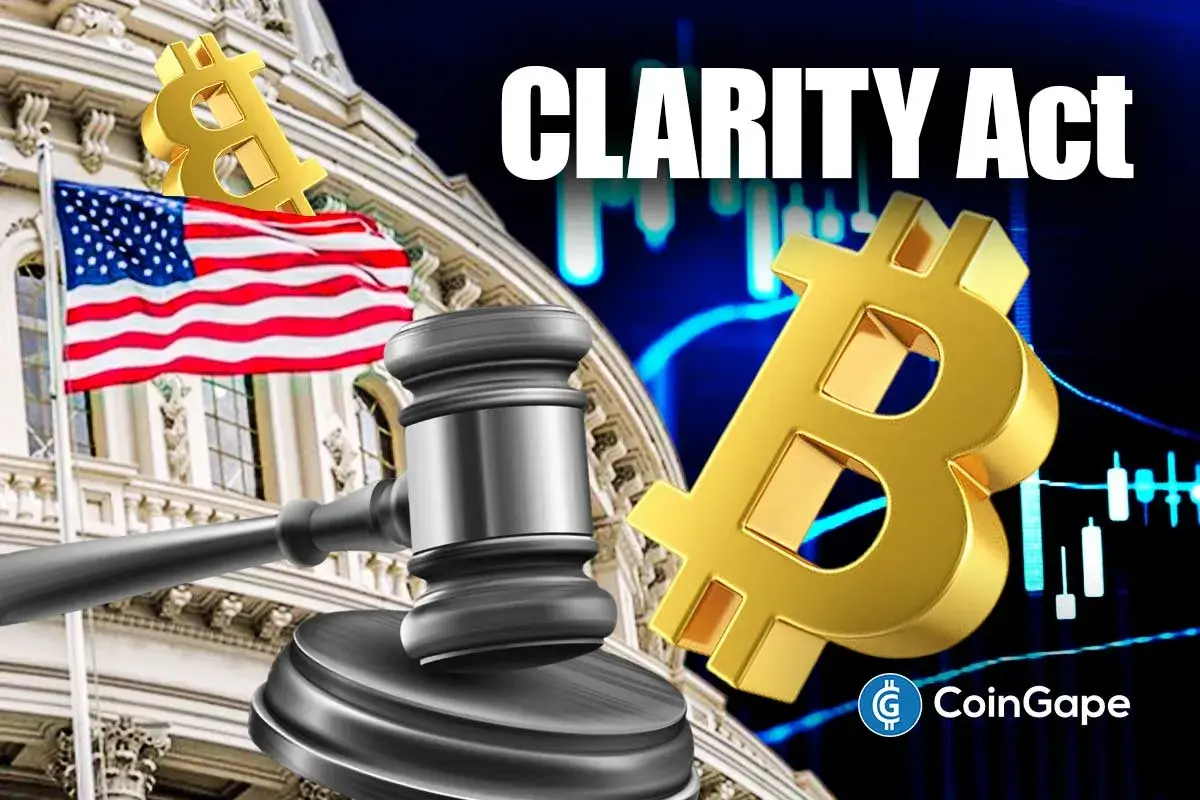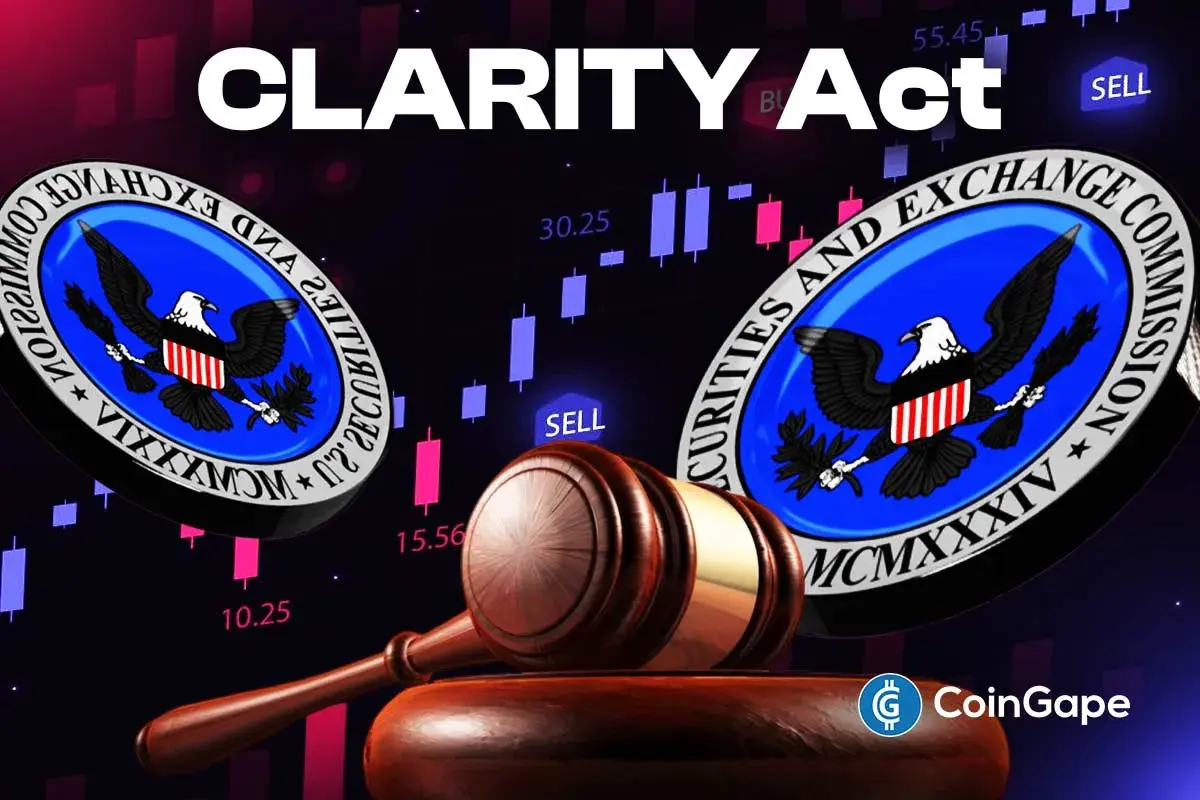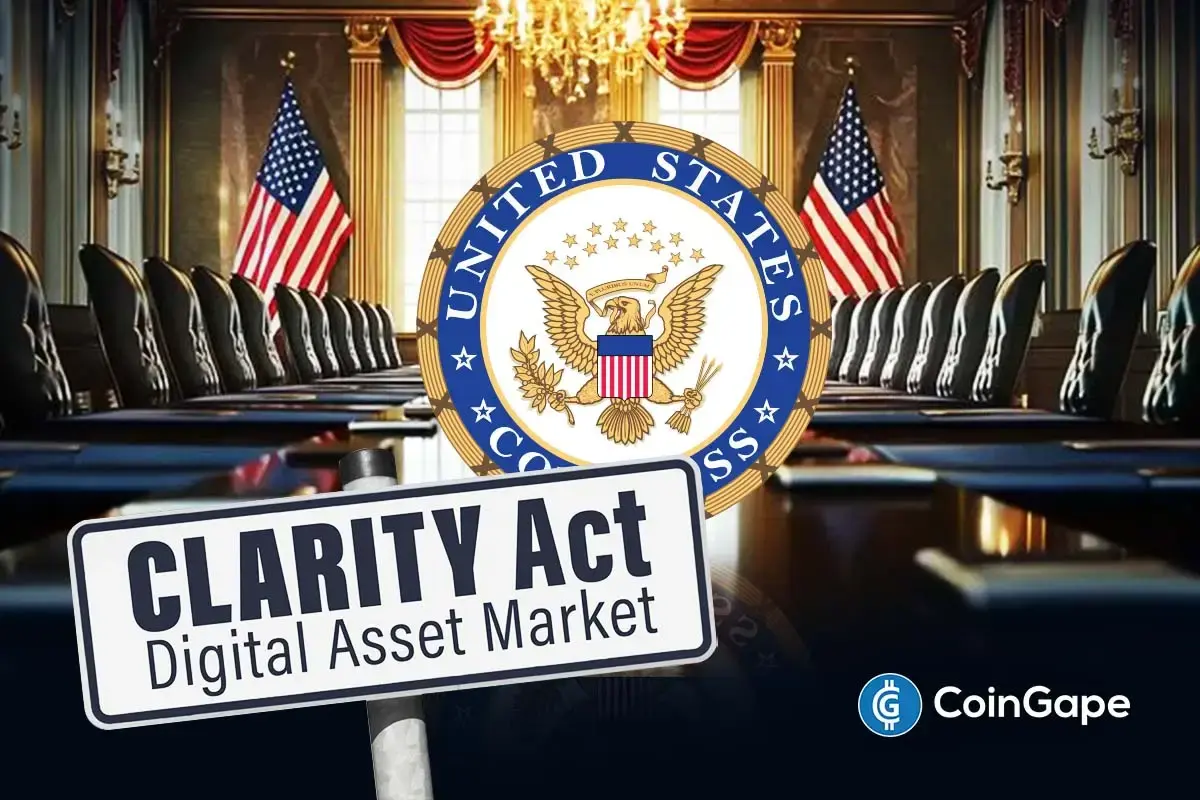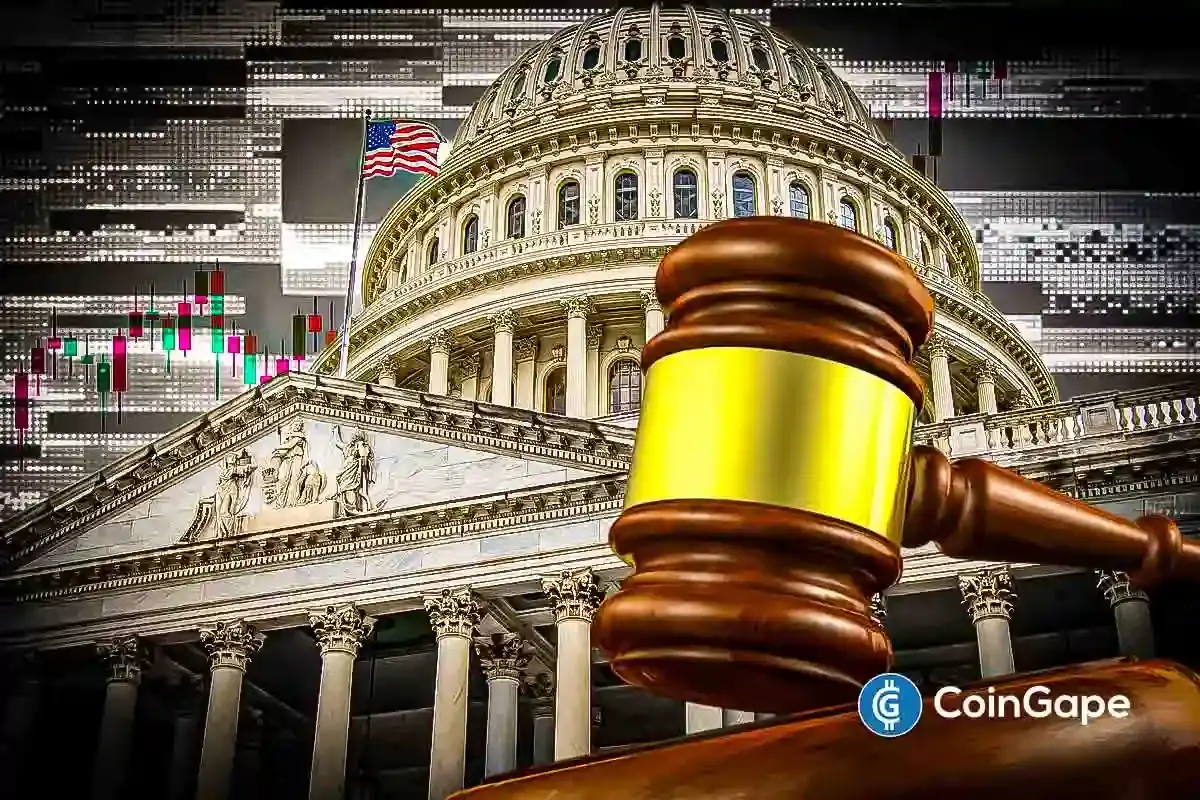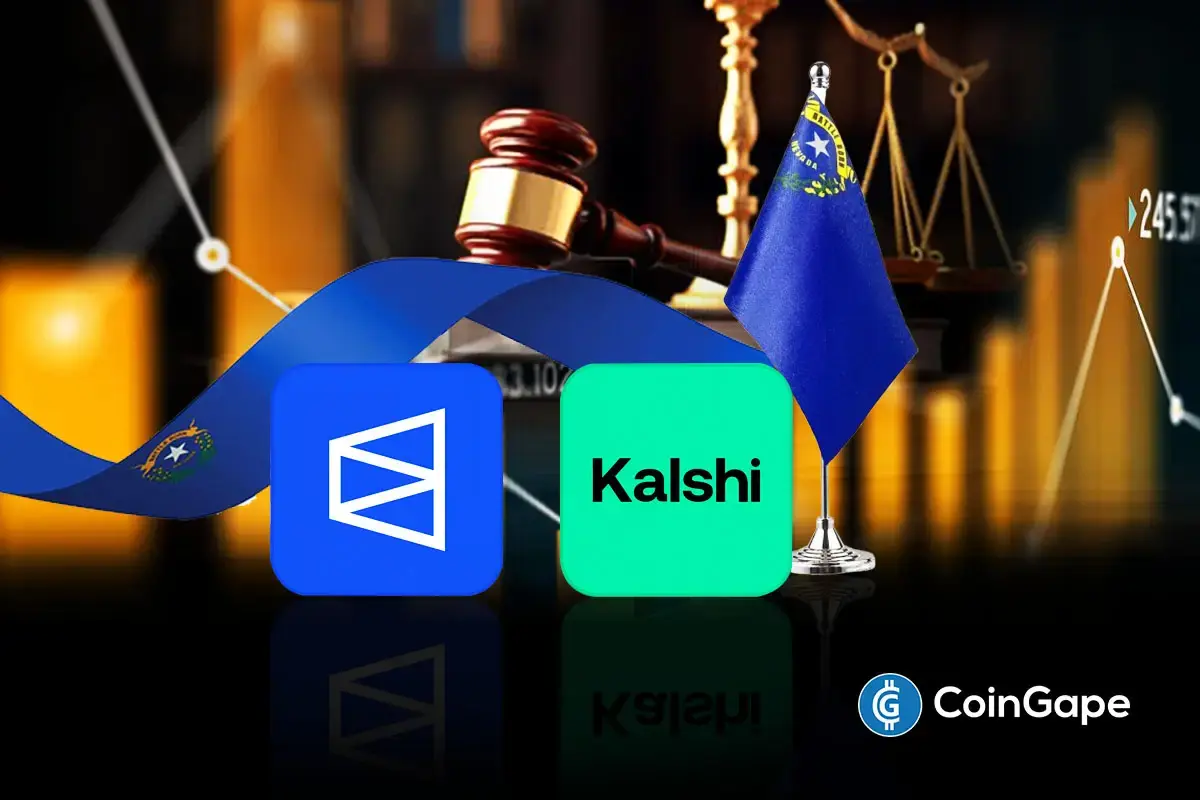IMF Calls for Nigerian Regulation of Global Cryptocurrency Exchanges

Highlights
- The IMF advises Nigeria to implement registration requirements on global cryptocurrency platforms.
- This recommendation aims to establish a regulatory framework aligning with traditional financial standards.
- Recent directives from the Central Bank of Nigeria target fintech companies involved in cryptocurrency transactions.
The International Monetary Fund (IMF) has recommended that Nigeria impose registration or licensing requirements on global cryptocurrency trading platforms. This advice follows the IMF’s 2024 Article IV consultation with Nigeria, a detailed analysis aimed at enhancing the country’s financial stability. The IMF’s latest staff report highlights the urgency of creating a robust regulatory framework for the burgeoning cryptocurrency market in Nigeria, aiming to protect investors and maintain financial order.
IMF Pushes for Uniform Crypto Regulations in Nigeria
The report suggests that cryptocurrency platforms should adhere to the same regulatory requirements as traditional financial intermediaries by utilizing the “same activity, same risk, and same regulation” principle. This measure constitutes an integral part of the overall strategy to harmonize crypto regulations worldwide and curb all sorts of illegal financial activities. The IMF’s pro-regulation policy is conducted against a background of assumptions that those platforms may influence the local currency’s value manipulation in foreign exchange markets.
In February, the CBN expressed concerns over the substantial volume of transactions from unidentified sources passing through crypto exchange platforms. Specifically, the bank noted that Binance Nigeria had processed transactions worth $26 billion from unidentified sources in the last year, leading to regulatory scrutiny and subsequent legal actions against its executives. These ongoing challenges underscore the pressing need for effective regulatory measures to address risks associated with the rapid growth of cryptocurrency trading platforms.
In response to the CBN’s concern about the massive number of transactions from unidentified sources passing through crypto exchange platforms in February, One of the bank specifications was that Binance Nigeria had processed transactions amounting to $26 billion from unidentified sources in the past year. They are currently being subjected to regulatory scrutiny and subsequent legal actions against their executives. Problems that continually arise signal the necessity of efficient supervisory arrangements to minimize the negative effects of the surge in cryptocurrency platform trading.
SEC Overhauls Crypto Regulations, Opens Doors for Banks
Faced with the complexities of crypto regulation, the Nigerian administration has taken big measures to tackle problems like cryptocurrency trading. In May 2022, according to the SEC, the commission issued new regulations related to digital asset issuance, platforms, and custody. The regulations, which include capital adequacy of N500 million for crypto exchanges seeking a Virtual Asset Service Provider license, underwent a monumental drift towards regulation as against a complete ban.
In December 2023, the SEC gave a fresh outlook as it lifted the ban on banks handling crypto transactions, which come with strict Know Your Customer (KYC) and Anti-Money Laundering (AML) checks. This was part of a wider scheme to integrate cryptocurrency into the country’s traditional financial markets by mitigating the associated risks.
Read Also: Animoca Brands Breaks Silence On Blockchain Development Plans
- CLARITY Act: Trump’s Crypto Adviser Says Stablecoin Yield Deal Is “Close” as March 1 Deadline Looms
- Trump Tariffs: U.S. To Impose 10% Global Tariff Following Supreme Court Ruling
- CryptoQuant Flags $54K Bitcoin Risk As Trump Considers Limited Strike On Iran
- Why Is Bitdeer Stock Price Dropping Today?
- Breaking: U.S. Supreme Court Strikes Down Trump Tariffs, BTC Price Rises
- Ethereum Price Rises After SCOTUS Ruling: Here’s Why a Drop to $1,500 is Possible
- Will Pi Network Price See a Surge After the Mainnet Launch Anniversary?
- Bitcoin and XRP Price Prediction As White House Sets March 1st Deadline to Advance Clarity Act
- Top 3 Price Predictions Feb 2026 for Solana, Bitcoin, Pi Network as Odds of Trump Attacking Iran Rise
- Cardano Price Prediction Feb 2026 as Coinbase Accepts ADA as Loan Collateral
- Ripple Prediction: Will Arizona XRP Reserve Boost Price?







